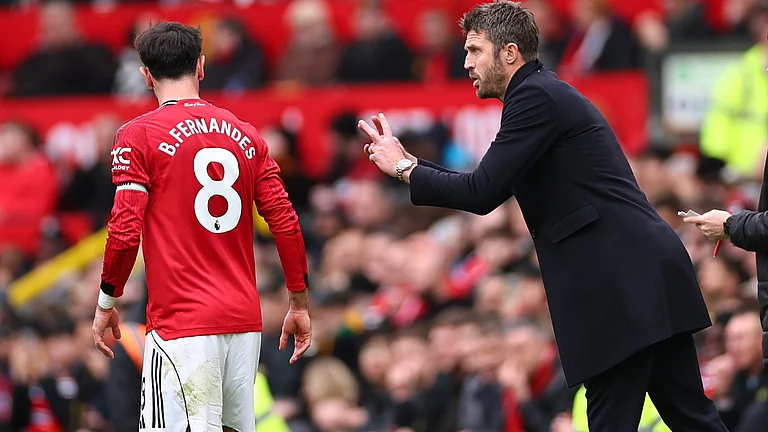“Oh, ok.” This was my sceptical response when Vijay Bhat said to me, over a lunch at his home in Bangalore, that he was busy writing a book. That’s because Vijay was my senior at Ogilvy & Mather ad agency, and the only memory I have of him is a pucca left-brained suit, with a flair for client management and strategic thinking, but blessed with dubious writing skills. However, when I learnt the book was about his experiences as a cancer survivor (Vijay prefers to call himself a ‘cancer thriver’), I knew this was going to be a must-read. If nothing else, one could expect a great deal of passion in the writing. We, Vijay’s ex-colleagues, were aware that the deadly disease had affected the man’s psyche deeply.
My Cancer Is Me is exactly how the authors, Vijay and his wife Nilima, describe it: the journey from illness to wholeness. The book takes us through the various stages a person goes through when he/she first discovers the affliction (Vijay was diagnosed with colon cancer), right to the point of recovery and rehabilitation: Denial. Anger. Depression. Acceptance. The book attempts to demystify cancer, it deals with the physical, emotional and spiritual aspects, conservative allopathic treatment as well as alternative healing methods. But more significantly, My Cancer is Me explains how the disease manifests itself in each patient, and how, with lifestyle changes and behaviourial modifications, an individual can reduce his/her chances of becoming a victim. Vijay’s belief is that a tumour is only a symptom, the actual problem could lie within us. The book is peppered with many case studies involving cancer patients the Bhats have counselled over the years.
The general positivity and optimism the authors convey shall reassure readers. Vijay emphasises that cancer should be viewed as an opportunity for growth rather than a path to destruction. Instead of a bump in the road, for the author, it proved to be a fork. Cancer forced Vijay to chuck his high-flying corporate career, and find the real meaning and purpose of existence, to do what he really wanted to do with his life. Nilima has written a few chapters, and I found those very interesting. She takes us through the trials and tribulations a care-giver has to undergo, and how cancer affects the victim’s entire family, turning their lives upside down. With stunning candour, Nilima describes how new friendships were forged with strangers, and how bonds with certain close buddies, which were based on professional success, gave away. The painful part is her own struggle to come to terms with her husband’s cancer, and the pressures it put on their otherwise perfectly happy marriage.
My Cancer Is Me goes beyond cancer; it would be useful not only for victims of other diseases but also for people who experience sudden loss and stress—death in the family, breakdown of a marriage or loss of a job. The good thing is the book leaves you on a cheerful note, as the underlining theme is: treat suffering as an opportunity to make things better.
As a compliment to the book, I have to say Angelina Jolie ought to have read it before taking that drastic decision. She may have had a change of heart.























